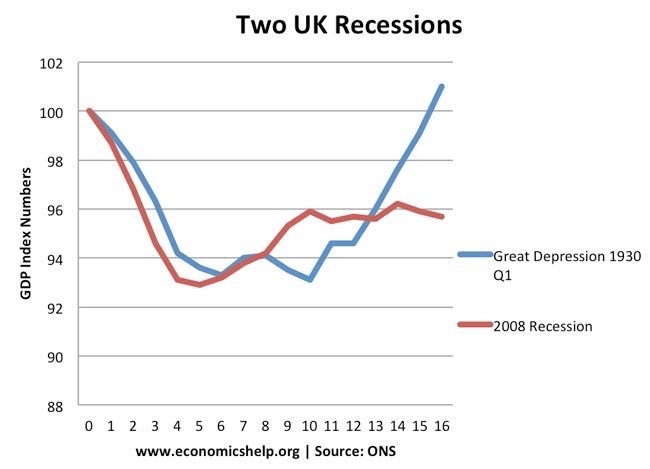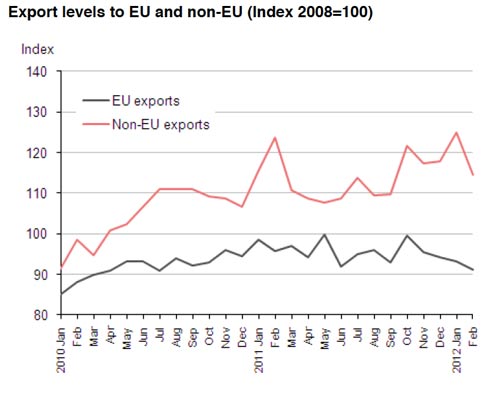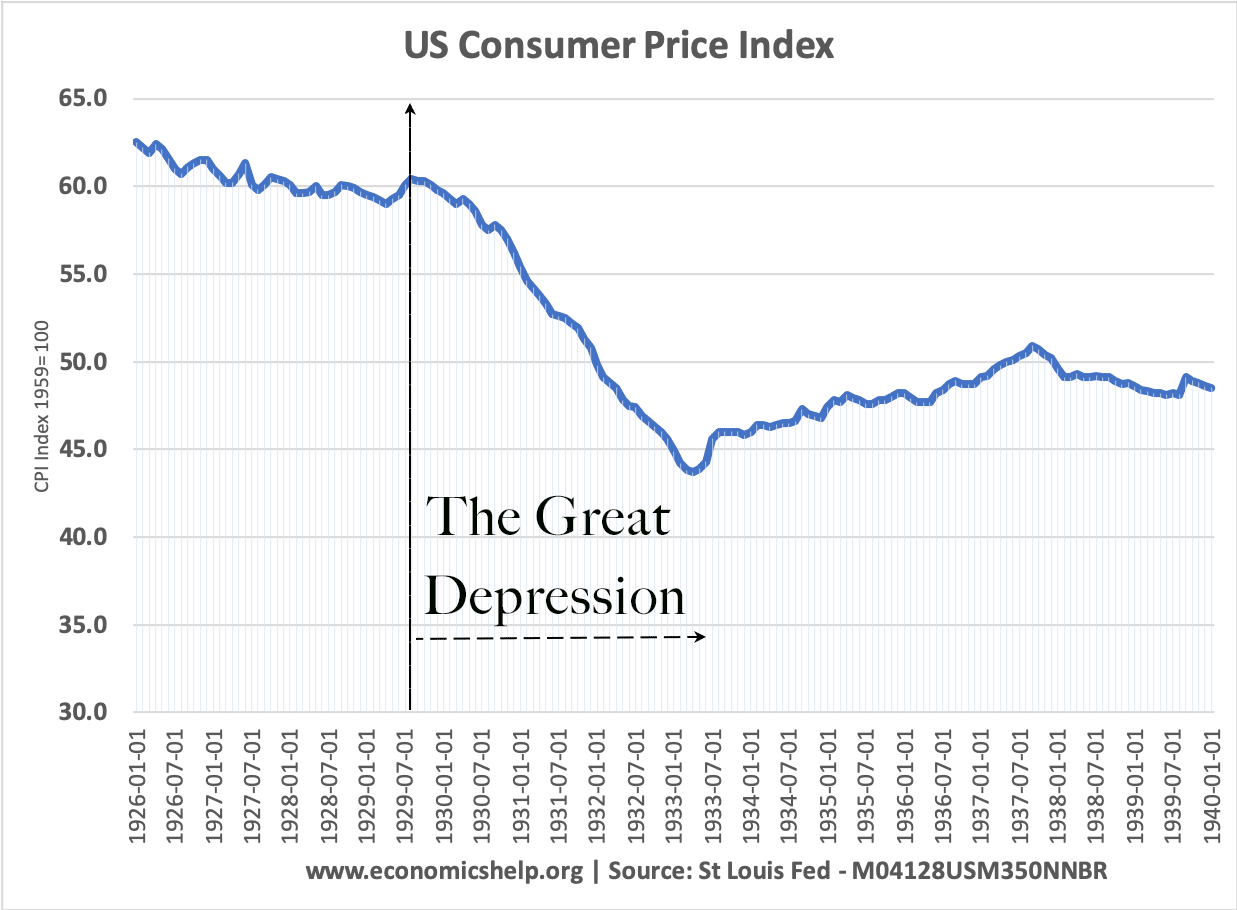We have frequently heard the statement that we are experiencing the worst recession since the 1930s, but data released from the ONS shows that the fall in GDP is actually more prolonged in the current 2008-12 recession than the Great Depression of the 1930s.

source: Office of National Statistics (pdf):
In terms of human misery the Great Depression of the 1930s was far greater. Unemployment in the 1930swas higher and in the absence of a proper social security net, those who were unemployed faced living on the breadline with only a very meagre unemployment allowance.
But, this graph does show that the extent and prolonged nature of the current fall in GDP in the UK.
Statistics from the ONS show that the biggest cause of the continued recession is not the Eurozone crisis, but the fall in construction and mining sector. Government spending cuts are a key factor in causing the fall in construction. For example, the halting of the school building programme. Unfortunately, when governments pursue austerity measures, it is often capital spending which is the easiest to cut – delay road building, delay building schools. Yet, this is the kind of spending which is the most important for economic recovery.
One thing is certain – the government’s claim that spending cuts would provide a boost to economic confidence have proved unfounded.
Exports have been weak. Though the biggest fall in UK exports has been in our trade with the US. Exports to US fell £0.5billion causing most of the fall in exports to non-EU countries.

There has been a steady decline in exports to the EU since Oct 2011. This fall in exports to the EU may have contributed to decline in construction. But, this is only a relatively minor figure. It is more significant that we have seen a 25% decrease in public sector net investment since last year
Deflation vs inflation
In the Great Depression, the US experienced very significant deflation (fall in prices). Deflation did not occur in 2009-11, although inflation was generally low.
Related


“In terms of human misery the Great Depression of the 1930s was far greater…. in the absence of a proper social security net,” This is the same social security net that the neoliberal coalition are intent on attacking from all quarters under the guise of “austerity”.
In terms of public debt this current crisis is far worse than the great depression. Personal debt levels are out of control and the debts of the state are calculated in an utterly misleading way. If we add in the real costs of hidden PFI debt legacies and the huge cost of “financial interventions” the national debt is well over 150% of GDP.
Public debt isn’t necessarily a key factor to human misery. National debt was far higher in the 1950s (over 200% of GDP) but it didn’t prevent a period of rapid economic expansion and investment in welfare state.
“Public debt isn’t necessarily a key factor to human misery. National debt was far higher in the 1950s (over 200% of GDP) but it didn’t prevent a period of rapid economic expansion and investment in welfare state.”
I agree with you there . Public debt and misery are not proportionally related and it is possible to create a fairer and more compassionate society in times of large public debts. I mean they didn’t call the mixed economy years (1948-1979) “the golden age of capitalism” for nothing.
In my opinion the post war investment in welfare, housing and infrastructure were vital components in the post war recovery and the massive reduction in the national debt (237% GDP in 1948 to 43% in 1979). All of this success happened despite the fact the UK lost huge swathes of Empire in the period and a large number of potential European markets were completely “lost” behind the iron curtain.
That the Tories are taking almost exactly the opposite approach (slashing welfare, no coherent housing policy, across the board cuts in public infrastructure investment) is very worrying indeed. I believe the Tories are far more concerned with implementing traditional Tory policies such as ideologically driven economic reforms, cutting taxes for the most wealthy and attacking social mobility than they are with actaully dealing with the recession (not that Labour were much better at managing the economy during their wasted 13 years).
no